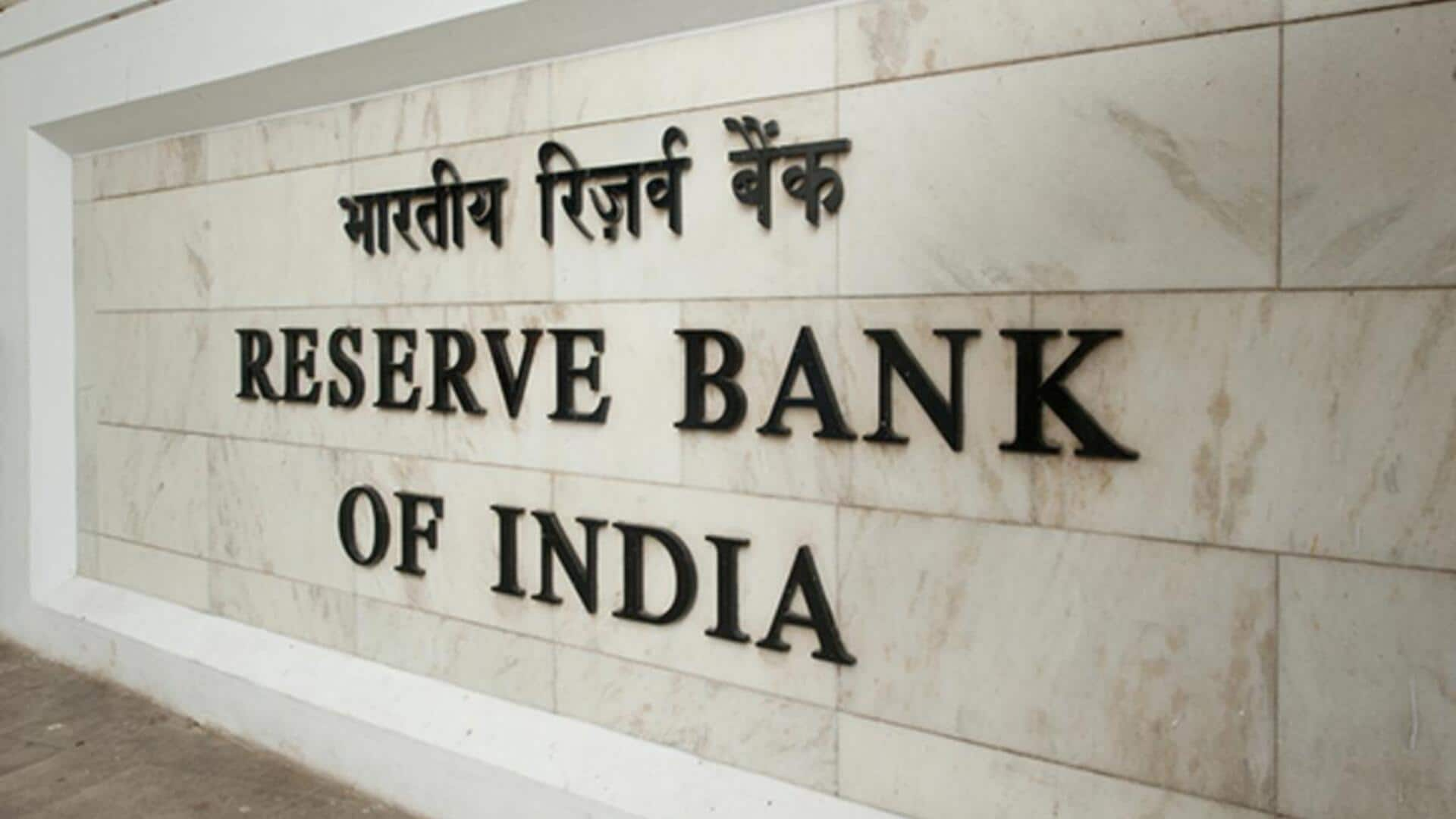
RBI restricts lenders from investing in AIFs with debtor links
What's the story
The Reserve Bank of India (RBI) has declared that regulated entities (REs), such as banks, non-bank lenders, and home financiers, are now forbidden from investing in alternative investment funds (AIFs). These AIFs must not have direct or indirect investments in companies that borrowed money from these lenders. This decision comes as the RBI seeks to address regulatory concerns surrounding specific transactions involving AIFs by regulated entities.
Details
Guidelines for investments in AIFs by regulated entities
As per the RBI's guidelines, REs must avoid investing in any AIF scheme that has downstream investments either directly or indirectly in a debtor company of the RE. If a lender is already an investor in an AIF scheme that makes a downstream investment in a debtor company, they must liquidate their investment within 30 days. For lenders who have already invested in such schemes, the 30-day liquidation period will start from the date of issuance of this circular.
What Next?
Consequences for non-compliance and additional restrictions
If lenders do not liquidate their investments within the 30-day timeframe, they will be required to make a 100% provision on such investments, according to the RBI. Moreover, the central bank has stated that investment by REs in the subordinated units of any AIF scheme with a "priority distribution model" shall be subject to full deduction from the RE's capital funds.
Insights
What is an AIF?
An AIF in simple words is a privately pooled investment vehicle where wealthy investors, both from India and other countries, put their money. Unlike typical options such as stocks or bonds, AIFs explore different ways to generate higher returns. While they offer the potential for higher profits, they also pose a higher level of risk, more than equity (in general).
Insights
Who can invest in AIFs?
AIFs in India are open to Indian residents, NRIs, and foreign nationals. The minimum investment is Rs. 1 crore for most investors and Rs. 25 lakh for directors, employees, and fund managers. AIFs usually have a three-year lock-in period. The number of investors per scheme is limited to 100, except for angel funds, which can have up to 49 investors.